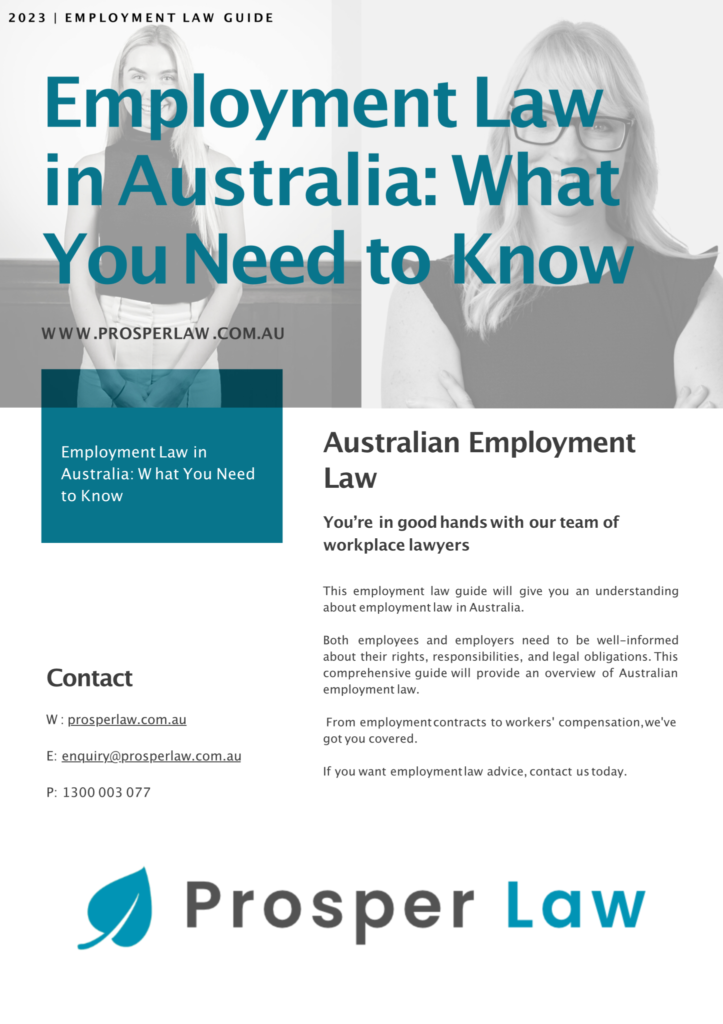
Return to Work Guarantee and Redundancy During Parental Leave
Return to Work Guarantee and Redundancy During Parental Leave The Fair Work Act provides a return-to-work guarantee when an employee takes parental leave. This ensures that employees have the right






